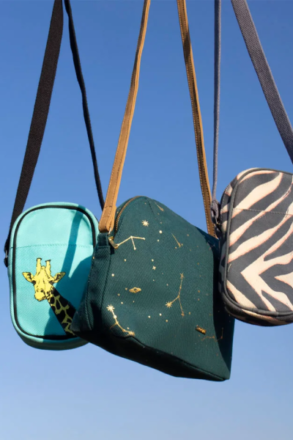- Empty cart.
- Continue Shopping
The catastrophic effect of plastic on human health and wellbeing

Plastic has become an integral part of human lives but directly affects the interference of humans with the environment and is harmful to human health too. Plastic and its by-products such as Polyvinyl chloride, polystyrene, polyester, polyethylene, etc. (that’s a lot of poly!) have no doubt made our lives and activities a whole lot easier (and cheaper), but have exposed human beings to adverse and complicated health conditions. The main reason for this is the slow decay rate of plastic – almost 1000 years! And this too is going by the non-conservative estimates! Is this not good enough reason to panic?!
Plastic is one of the most difficult substances to disintegrate. The first thing is that it takes years and years for plastic to decompose fully and that might make it impossible to assess its repercussions on human health and environment within a reasonable time limit. The second reason is, whichever method is used to decompose plastic, it is ultra-harmful as plastic tends to release a lot of toxic wastes during the decomposition process.
Here’s how plastic and its compounds enter the human body while getting decomposed.
- The burning of almost all kinds of plastic releases harmful chemicals like carbon monoxide and other toxic substances such as chlorine and bromine that get introduced in the air we breathe and cause a variety of health problems, ranging from neurological symptoms to genetic conditions.
- Plastic dominates a good ten percentage of wastes that find their way into the oceans and sea water. The good news here is that plastics dumped in the sea bodies are found to degrade faster due to sun exposure. But the bad news is that decaying particles of plastics are still simpler compounds of plastic itself. These simpler compounds of plastic have contaminated most water bodies. Directly or indirectly, humans are consuming more and more dissolved compounds of plastic such as polyethylene from water and seafood like fish and shellfish.
- Plastic that gets buried in the soil finds its way into vegetables and fruits that get consumed by people. Presence of plastic in the soil hinders the generation and proliferation of crop friendly microbes like earthworms. Plastic that gets buried and converted into landfills, leaks into groundwater, slowly releasing toxins into the water meant for drinking.
- Plastic bottles that are used to package drinking water and other beverages, are also not good for health. Plastic and its compounds such as BPA (bisphenol A) are causes for various neurological conditions caused by alteration in hormones and brain function. BPA is the main compound from which drinking water bottles are manufactured. In spite of the warning labels on the bottles to discard them after one use, how many of us actually do that? Even the bottles labelled ‘safe’ are made from plastic and are not suitable for long-term use but most of us do not bother changing plastic containers regularly. Since plastic disintegrates with sun exposure, water filled in plastic bottles, if exposed to sunlight, gets saturated with toxic plastic wastes!
If we look around today, where we live, work, sleep or entertain- plastic is everywhere. Plastic and its poisonous sister-compounds have entered the air, land and water and made way into our bodies through the things on our dinner table. There is hardly any food (or drink) that we can claim is 100% free of plastic compound. The choice is still ours: whether to continue our mindless dependence on plastic or to consciously search for more environmentally friendly and harmless ways of living a healthier and more and more plastic-free life?
About the author
Valerie Mendonca is an academic professional interested in research, writing and teaching; currently working at a premier educational institute. Based in Ahmedebad, she is a green-living practitioner and always looking on ways to expand her garden beyond her home. An animal (and bird lover), she is happily married and mother to a feisty daughter. She also experiments with aqua-scaping which combines her love for plants and animals. She loves shopping with cloth/jute bags and thinks they are fashionable too!
You can get in touch with Valerie here – vrmendoncas@gmail.com
References






